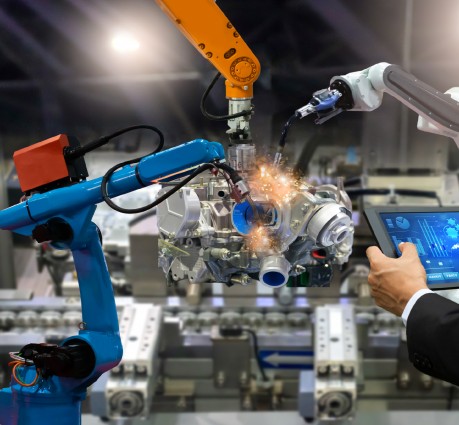Mechanical Engineering is a highly versatile and enduring branch of engineering that attracts students interested in the design, analysis, and manufacturing of mechanical systems. This discipline plays a vital role in industries ranging from automotive and aerospace to energy and manufacturing. The four-year Bachelor of Engineering (BE) programme in Mechanical Engineering provides students with a strong foundation in both theoretical concepts and practical applications. The curriculum covers essential subjects such as thermodynamics, fluid mechanics, mechanics of materials, dynamics, machine design, and structural analysis. Through a combination of lectures, laboratory sessions, workshops, and project work, students gain hands-on experience and develop problem-solving skills essential for engineering practice. This programme aims to equip students with the knowledge and skills required to address complex engineering challenges, innovate, and contribute to technological advancements. Graduates of the BE in Mechanical Engineering are well-prepared for successful careers in industries such as manufacturing, automotive, aerospace, energy, robotics, and research, as well as for pursuing higher studies and professional certifications.
Duration of programme
Level of Study

Design & Simulation: Develop skills in product design, 3D modeling, and virtual simulations using advanced engineering tools.
Smart Manufacturing & Industry 4.0: Learn automation, IoT, digital twins, and 3D printing to align with modern manufacturing practices.
Robotics & Automation: Gain hands-on experience in robotics, control systems, and AI-driven mechanical applications.
Sustainable Engineering: Explore renewable energy technologies, green materials, and eco-friendly design for a sustainable future.
12th with Mathematics
Diploma in any Discipline